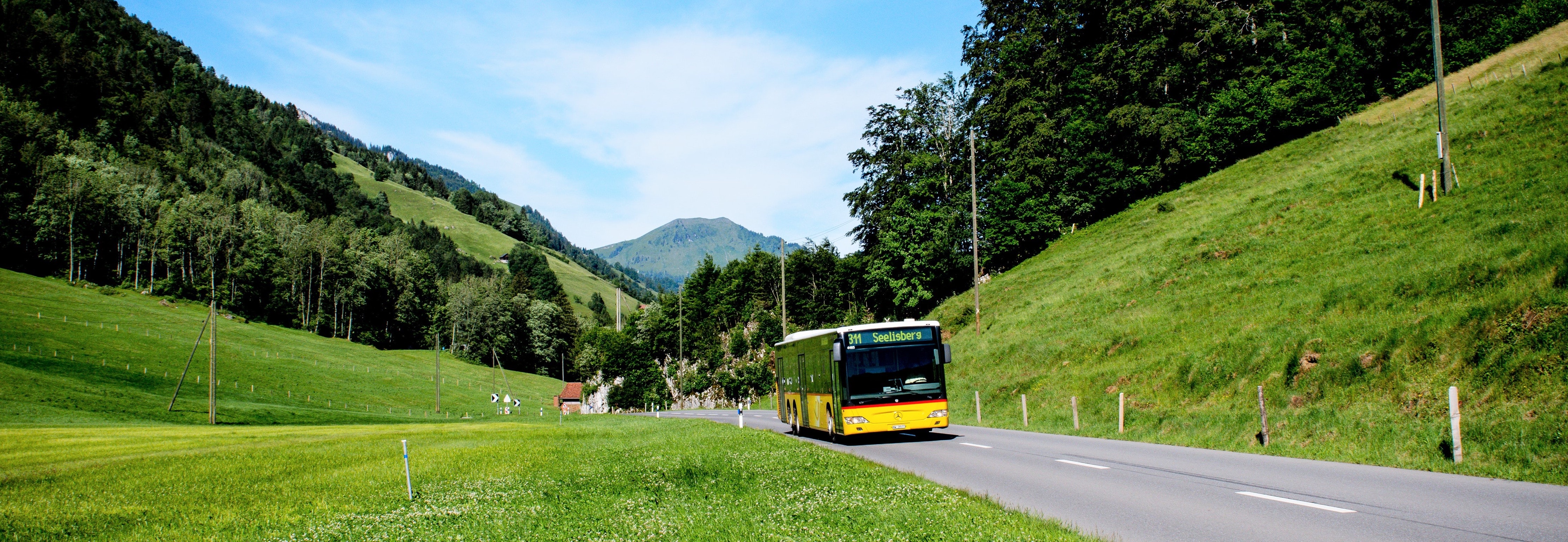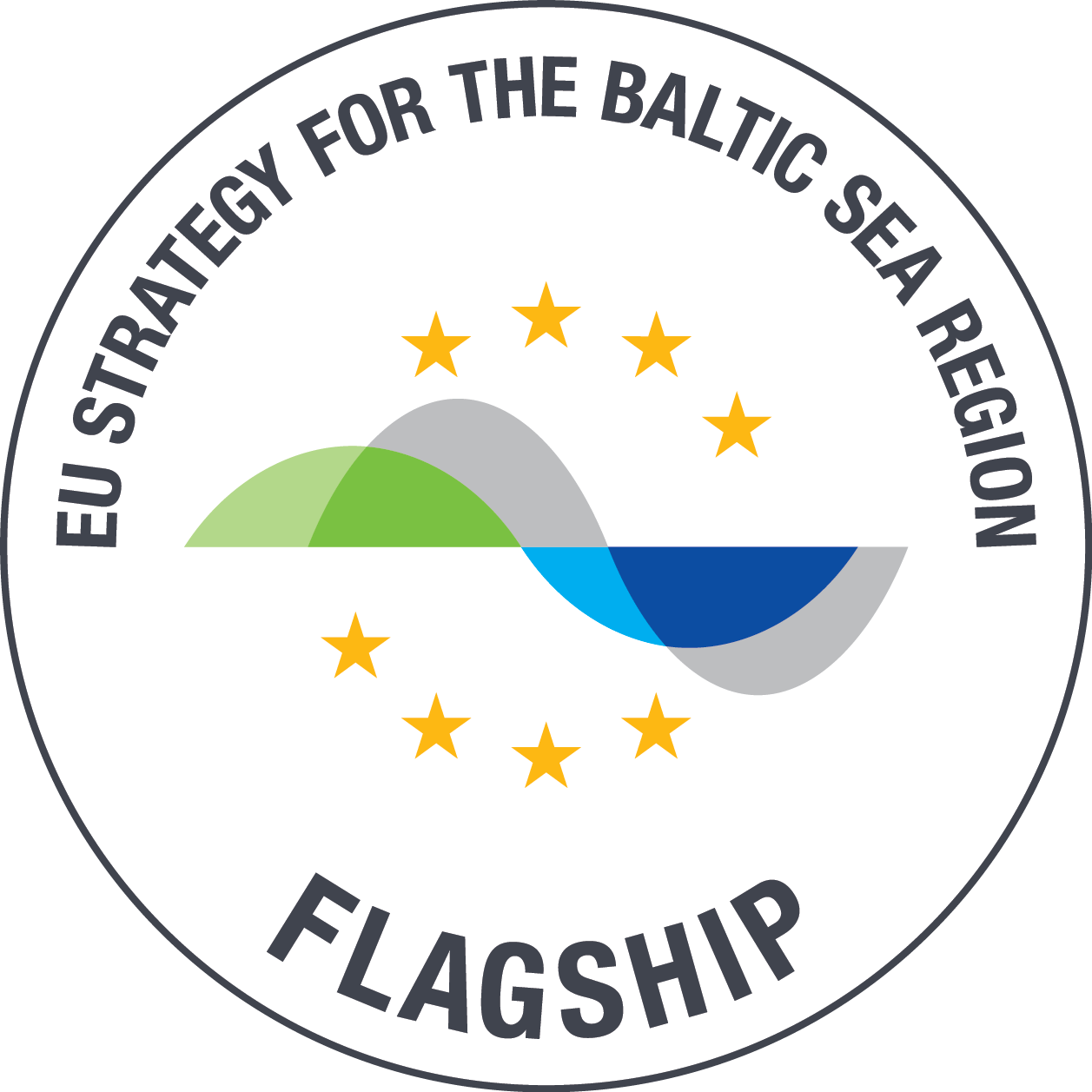Facts and figures about the MARA project

MARA – Mobility and Accessibility in Rural Areas – aims to improve the accessibility and mobility in touristic remote areas of the BSR by increasing the capacity of transport actors. The project is funded by the Interreg Baltic Sea Region Programme 2014–2020. Duration: 2.5 years (January 2019–June 2021). Budget: €2.3 Million.
Several common challenges are faced by rural areas of the Baltic Sea Region:
- Population decline/demographic change
- Seasonal fluctuation of population/tourists
- Expensive public transport
- Car dependent lifestyle
- Many stakeholders involved
- Lack of using digital solution
The project is gathering 12 full partners and 13 associated partners from nine countries surrounding the Baltic Sea. The partnership is made up of regional and national public administrations as well as universities. To know more about the project partners or to contact them, please click here.
MARA aims to crosscheck the actual mobility demand of residents and tourists with current mobility offers. The project aims to increase the capacity of regional and local transport actors to address multifaceted mobility needs by:
- improving existing services
- developing and testing innovative sustainable mobility solutions for remote areas. Regional pilot cases will be developed and tested during the course of the project in order to do so: more information here
MARA project has been awarded the Flagship project status of the EUSBSR (EU Strategy for the Baltic Sea Region) under the Horizontal Action “Spatial Planning”.
This status will give extra visibility and recognition to our project and shows the political relevance of MARA in the Baltic Sea Region. More information about the EUSBSR can be found here.
